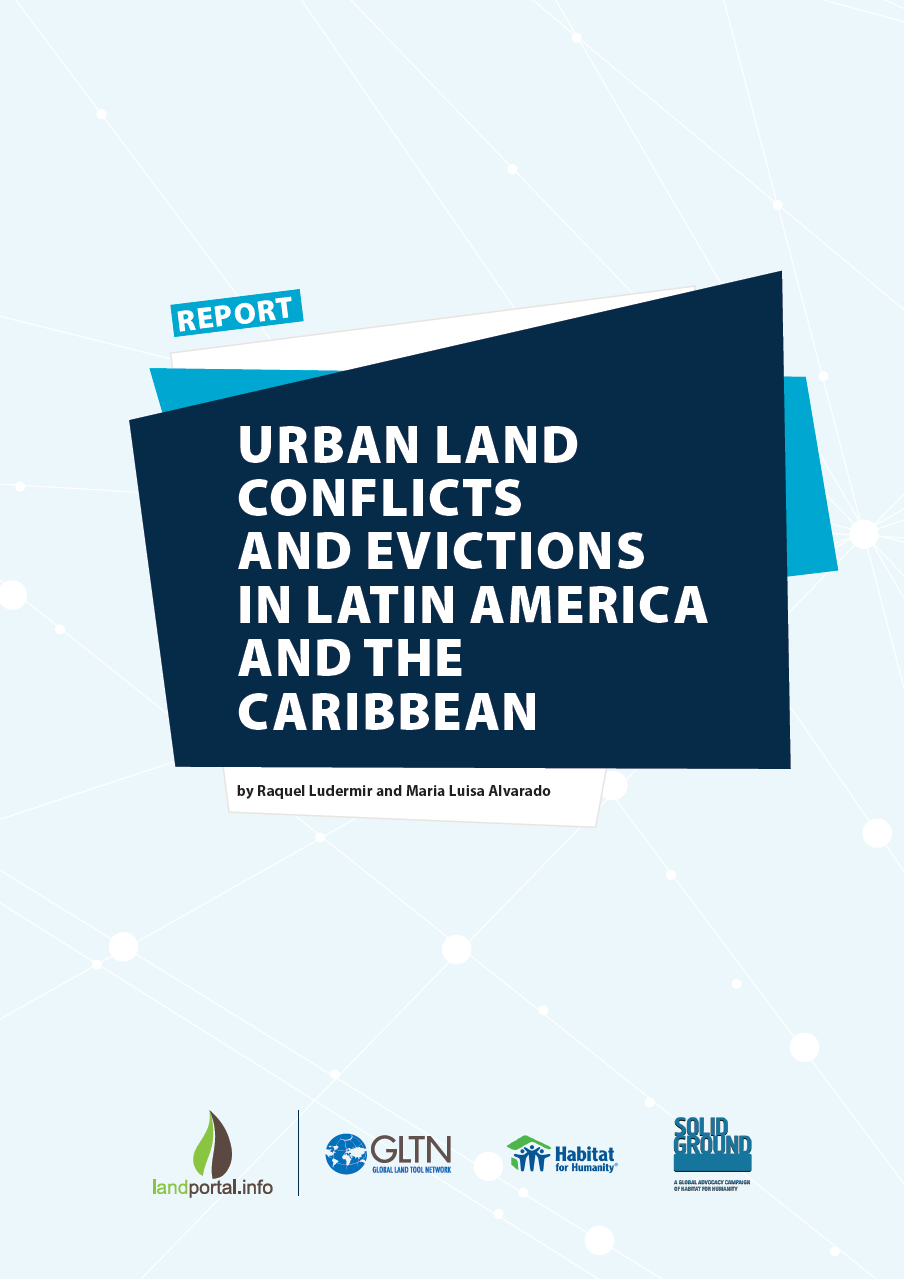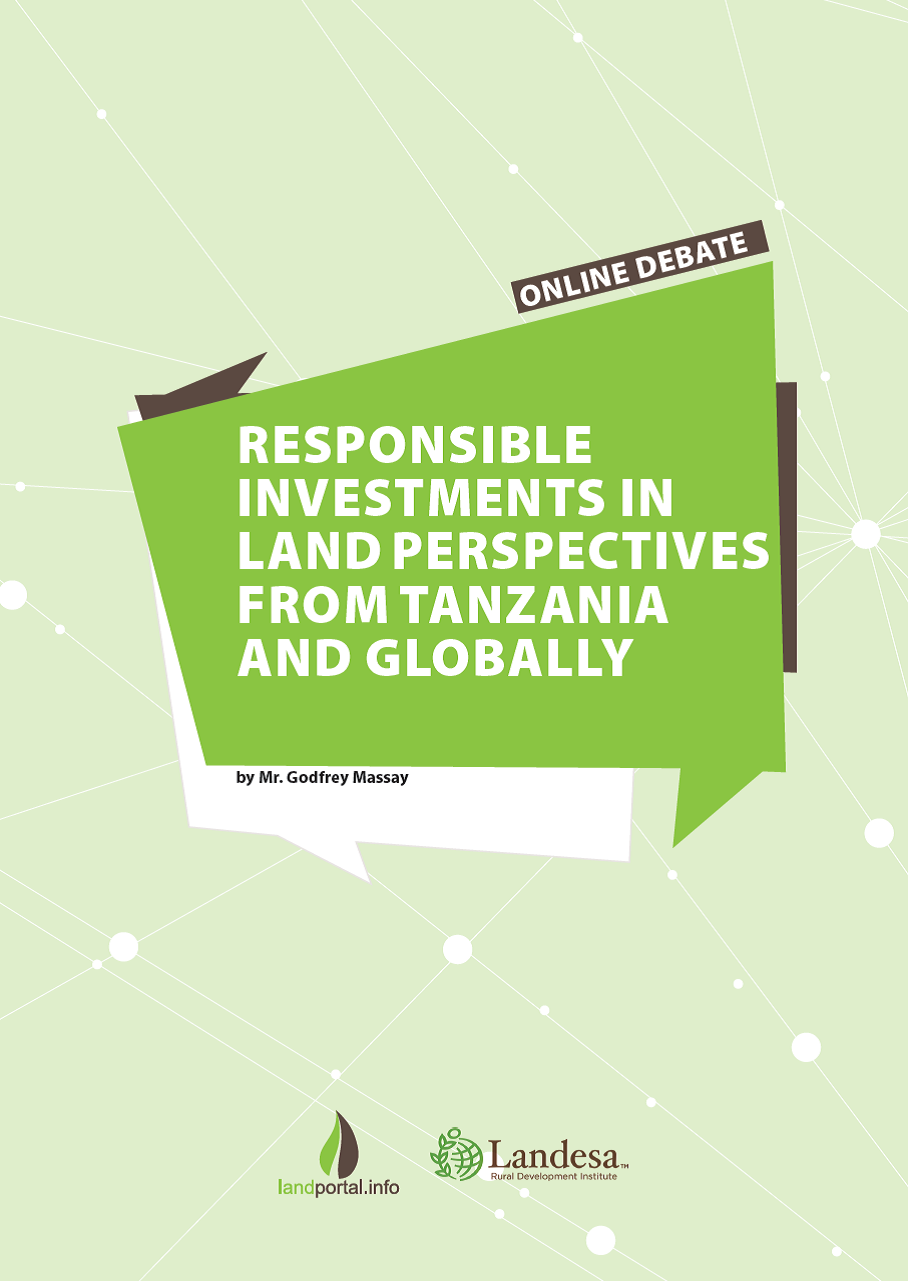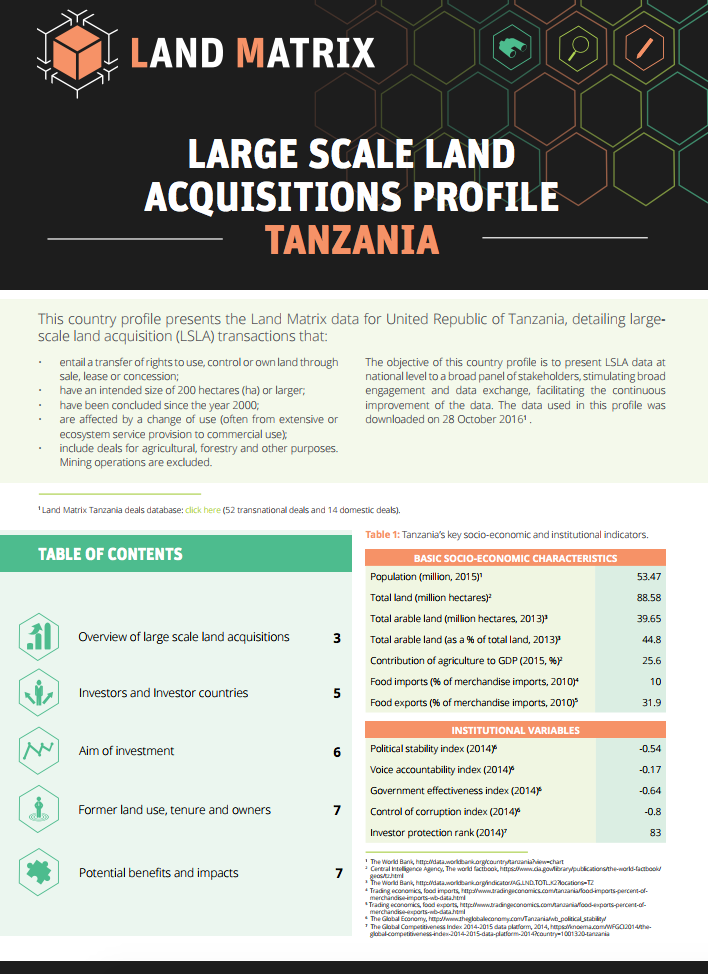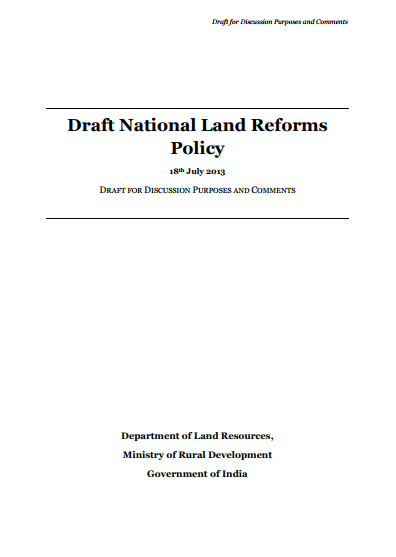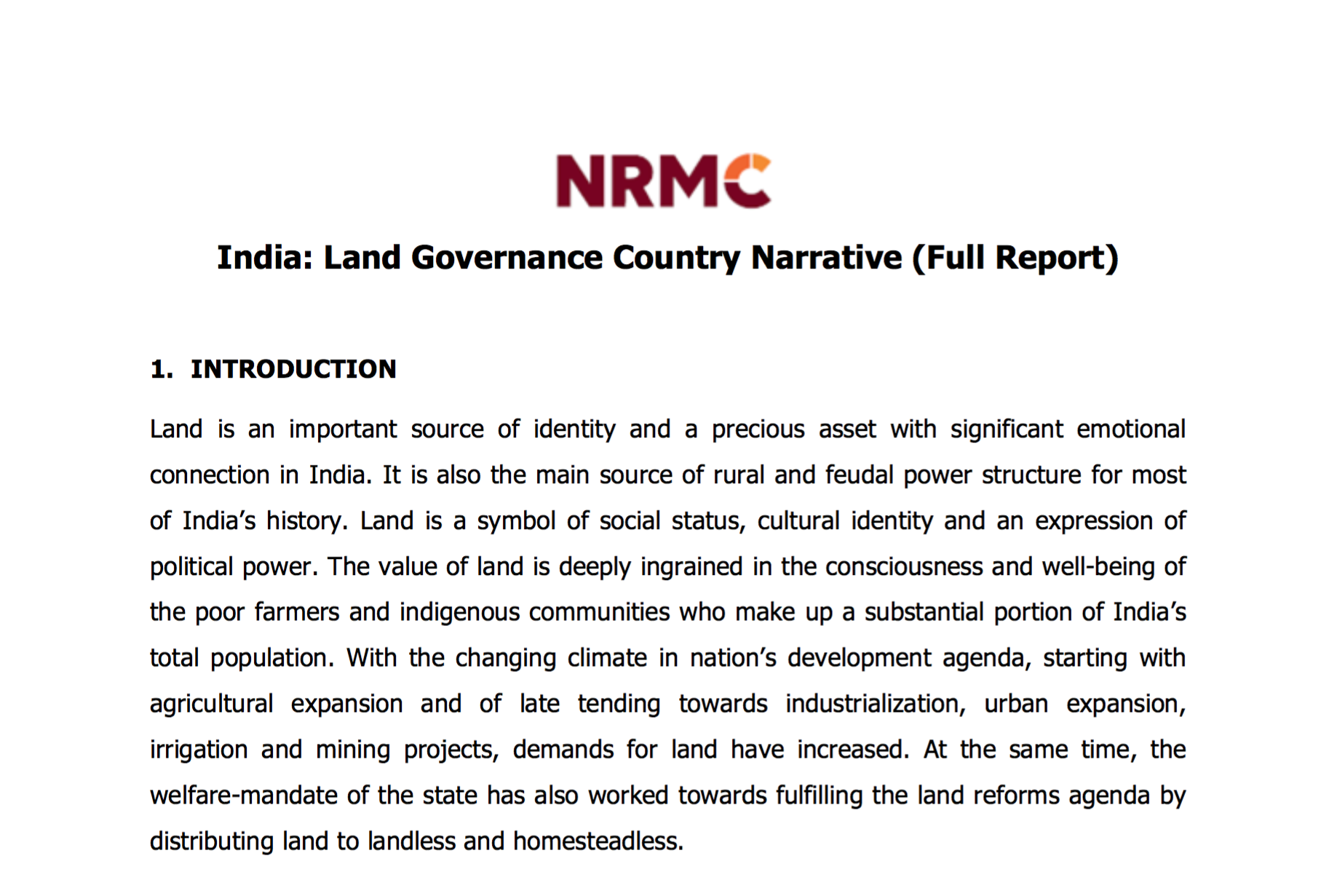Urban Land Conflicts and Evictions in Latin America and the Caribbean
The Latin American and Caribbean Urban CSO Cluster, part of the Global Land Tools Network (GTLN), together with Habitat for Humanity’s Solid Ground Campaign and the Land Portal Foundation, launched an online debate on Urban Land Conflicts in Latin America and the Caribbean in January 2017. Responding to the common interest to make information easy to access and flow to boost collaboration among stakeholders as a critical basis to improve land governance.

